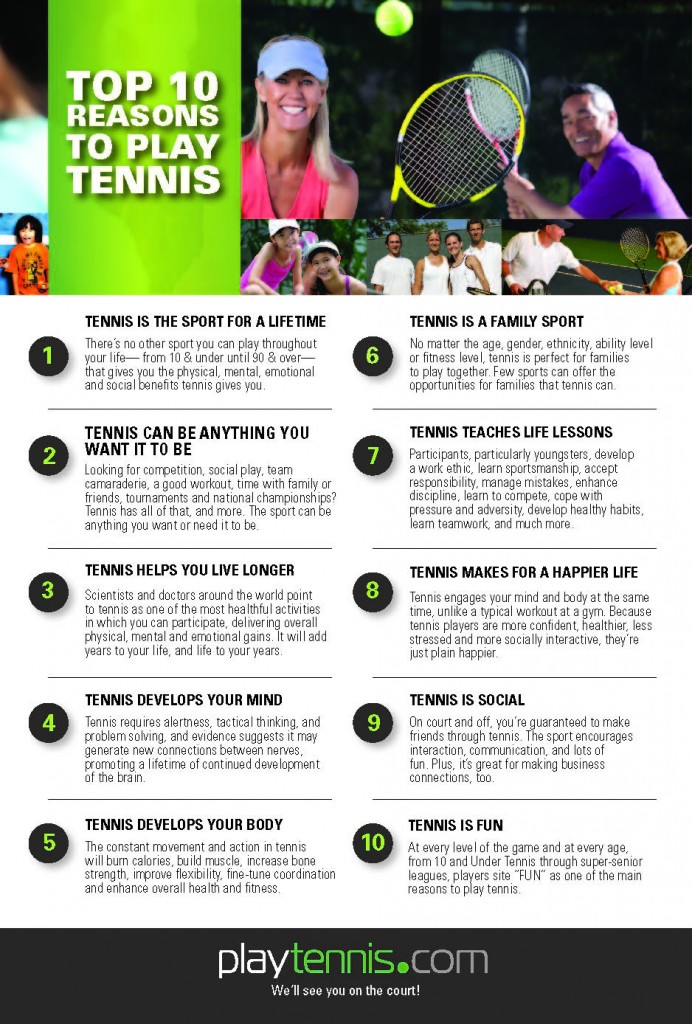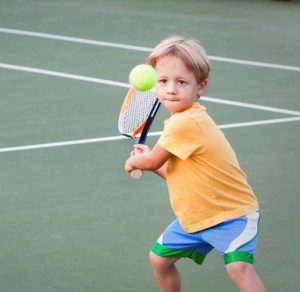About Tennis
Player Proficiency Framework (NTRP)
Sections:
TENNIS IS…
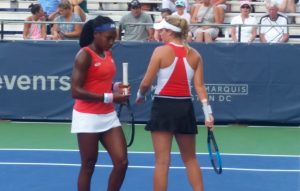
Tennis is the sport for a healthier, longer lifetime. Tennis is also recreational fun and fitness that doesn’t have to be played as a competitive sport.
Tennis can be played at almost any age. Tennis trains many physical and mental skills.
Tennis is easy to learn, and requires focused effort to get closer to mastery. There’s no real mastery since tennis is a continuing lifetime journey.
In tennis Love means nothing, and good Matchmaking is the goal.
Knowledge and play of the sport is a constantly evolving research and practice.
Tennis is a whole body activity that requires some level of flexibility, agility, strength, balance, coordination, and of course hand-eye skills to name a few. Tennis can be played in a wheel chair.
Playing tennis competitively is about how to play your best, honorably and having fun.
Here is the 2021 study on the Improved General Health Outcomes in US Recreational Tennis Players and another summary of how to live healthier and longer.
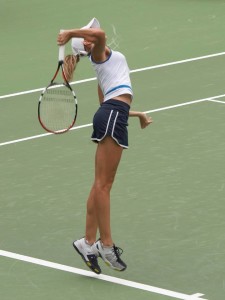
More on this health outcomes subject from the Women’s Tennis Association. And the USTA addresses it as well.
IT’S PHYSICAL: Recreational and social tennis can be aerobic exercise; competitive tennis is anaerobic exercise.
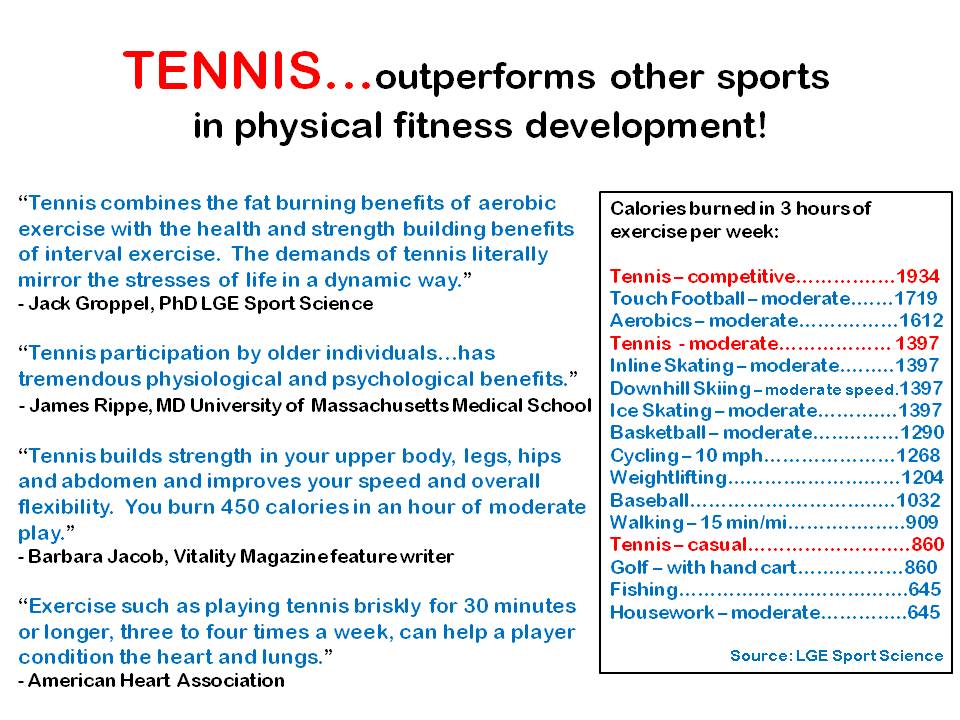
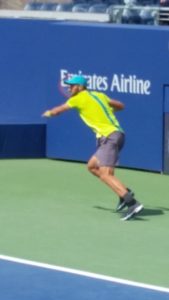
Tennis is at least 51% mental
Tennis is full of mental and emotional exercise. Every point is a crisis – every contact with the ball an opportunity.
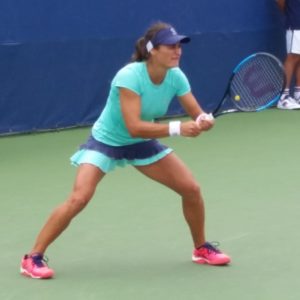
MENTAL ABILITIES: Tennis, particularly competitive tennis, requires mental abilities such as focus, strategy, confidence, independence, and resilience.
STRESS RELIEF: Tennis is a great stress reliever. Is work weighing on your mind? Is something getting you down? The natural rhythm of a tennis match relieves stress.
- Recovery is where healing happens. The cycles of 30 seconds of focused mental and athletic performance (playing the point) followed by “25 seconds” of recovery (between points), and repeat, and repeat, is therapeutic.
- Exercise boosts your emotional state and gives you positive energy. Recovery from that exercise gives you healing. What other sport gives you so much healing?
PLAY YOUR BEST: How do you reach your Ideal Performance State. How can you dwell on your somewhere-else issues when you are really focused on hitting that spinning little yellow ball coming toward you at 60 miles per hour? Playing at your best levels will effectively put you in, or require you to get in, a form of flow meditation.
- To swallow your nerves and see pressure as an opportunity. That’s mental.
- To find your “flow” you need to relax with intensity. That will give you the physical ability to send the ball back with your intent on it. That’s mental.
- Your emotions can hijack your mental and physical preparedness if you haven’t practiced your tools and methods to deal with it. That’s mental!
This type of training is part of the Mental Emotional Discipline player development.
The sport of tennis with competitive play has been shown to develop or enhance many life character traits.
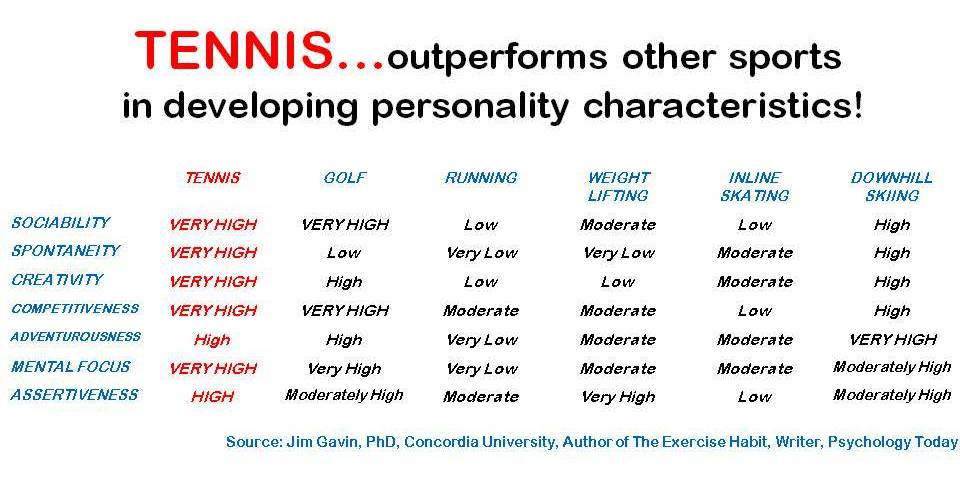
Tennis training can be used to explicitly enhance strong character traits such as adaptability, motivation, integrity, and creativity.
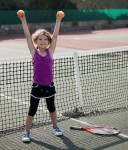
Can you think of another sport where you call your own shot out?
Double bounce on your side – you call it.
You grant your opponent the Let (replay).
What value is your victory if you didn’t earn it honorably?
Tennis outperforms other sports in the development of physical fitness and personality characteristics…
Tennis is the sport for life. Tennis is the game for a longer lifetime.
Tennis Play is healthy in many ways, for example –
-
Stress reducing
-
Physically strengthening
-
Socially positive
-
Mentally enhancing
-
Heart healthy
-
Visual acuity building
-
Healing
Competitive tennis is like a microcosm of life
Prepare in advance, have a Plan to execute, Breathe, make Decisions when contingencies arise, Accept your losses, Persist, observe the Rules, find your Zone, finish with Humility –
Did you just lead a community meeting on environmental impacts?
Or do you feel good about the tennis match you just played?
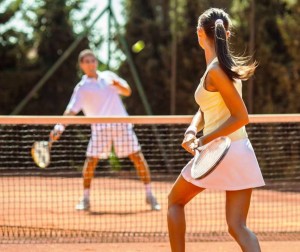
With tennis you are the player, the coach, the fan, the trainer, and even the player-umpire. As a player you are responsible for your efforts and performance.
Match outcomes are beyond your control and are expressed in the grace and humility of when you win or lose.
Tennis is to be played as an honorable, fair, mutually respectful, personal competition with no subjectivity.
Teammates and Partners.
You can enjoy playing tennis as part of a team, and play as the responsible individual in singles, and with a partner in doubles.
Your partnership with your doubles partner is special in a way you won’t find in a larger team sport. Your teammates are special, and your partner is your only partner.
Singles (Be responsible)
-
-
You need to prepare yourself (mentally, emotional & physically), and your equipment and supplies
-
You need to problem solve – figure it out, take appropriate action
-
You need to be honest, ethical, and with a successful attitude
-
You need to be organized and coordinated (with other families, tournament/match officials, transportation…)
-
You need to assess, decide, and go to plan B….and plan C
-
You need to plan your diet, sleep, practice periods
-
You need to plan match strategy and tactics
-
You need to define your goals and measure your progress
-
You need to be persistent and resilient, in training and in matches
-
You need to practice and train, and keep your other life priorities in balance
-
You need to collaborate and support your teammates
-
You need to win and lose gracefully
-
You need to manage your recovery mentally, emotionally and physically
-
A village needs to support you, minimally your family and your coach(es).

-
Doubles (Together)
-
You and your partner EACH need to prepare yourselves (mentally, emotional & physically), and your equipment and supplies
-
You and your partner TOGETHER need to problem solve – figure it out, take appropriate action
-
You and your partner EACH need to be honest, ethical, and with a successful attitude
-
You and your partner EACH need to be organized and coordinated with each other, and TOGETHER with other families, tournament/match officials, transportation…
-
You and your partner TOGETHER need to assess, decide, and go to plan B….and plan C
-
You and your partner EACH need to plan your diet, sleep, practice periods,
-
You and your partner TOGETHER need to plan match strategy and tactics
-
You and your partner EACH need to define your goals and measure your progress; and TOGETHER you need to do the same
-
You and your partner EACH need to be persistent and resilient, in training and in matches, and you have your partner to do that TOGETHER with you
-
You and your partner EACH need to practice and train, and keep your other life priorities in balance
-
You and your partner EACH need to collaborate and support your teammates, and also TOGETHER as a team
-
You and your partner TOGETHER need to win and lose gracefully
-
You and your partner EACH need to manage your recovery mentally, emotionally and physically, and support each other TOGETHER in recovery
-
A village needs to support you EACH, minimally your family and your coach(es); and your coach also needs to support you both TOGETHER as partners
-
You need to support your partner; Your partner needs to support you.
